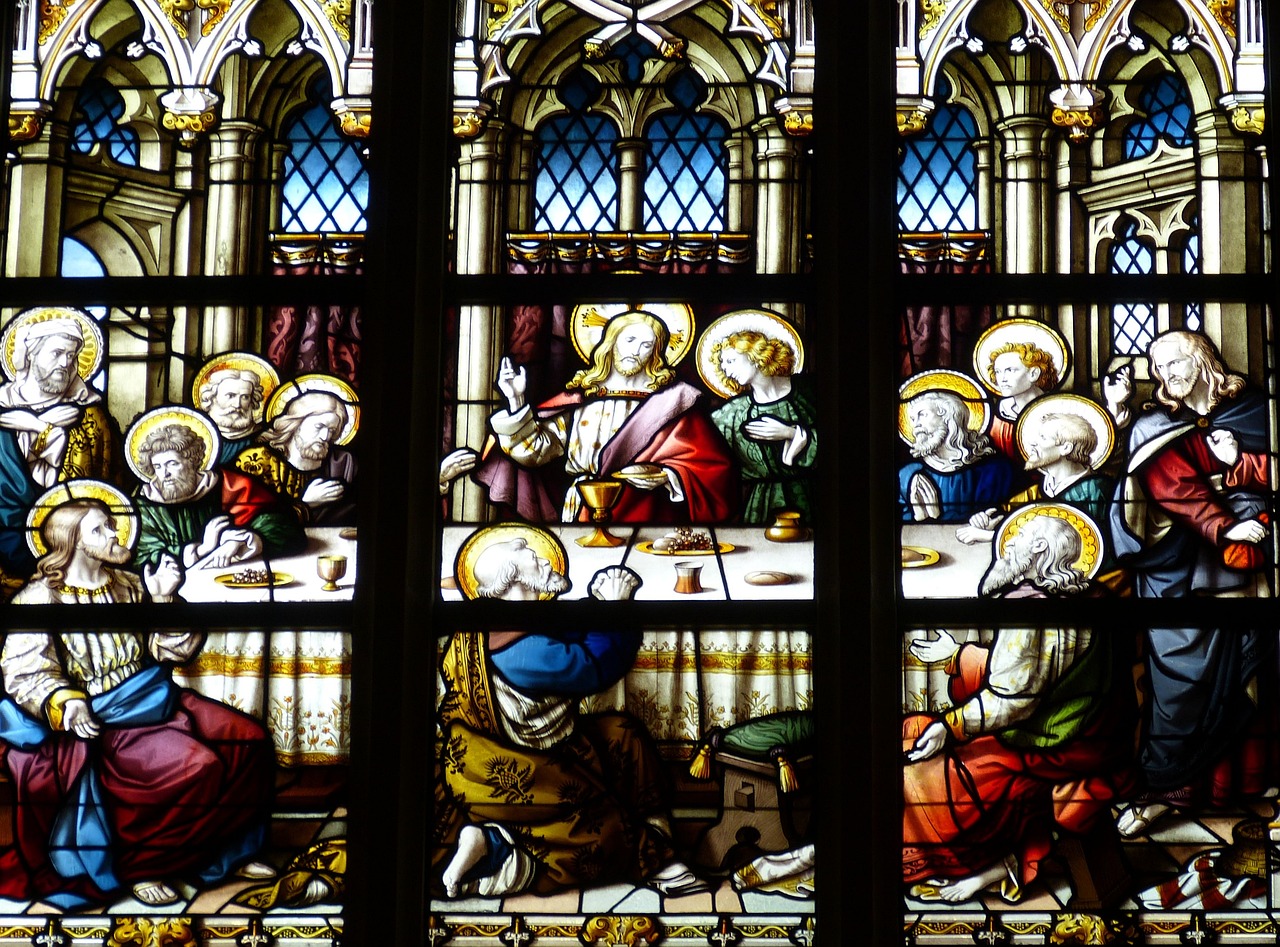And God saw their works, that they turned from their evil way; and God repented of the evil…But it displeased Jonah exceedingly, and he was very angry.
– The Book of Jonah
Uncle Kev said, “Sometimes, broken people try to break good people, beautiful people…they want to hurt them,” after I’d shown him the back of my knees where the flesh had bled purple. I was ten. Maybe eleven. I’d gone to my father first. Shown him my knees. I’m not sure what I was expecting: that he would march down to the school, demand justice, get back the world the teacher had stolen from me with a twelve-inch switch?
But he said, “Wise up boy, the world’s an unforgiving place. You’re always running away from what you should be doing… disobeying your elders. You got Jonah Syndrome.”
I saw the disappointment in his eyes. Heard the unspoken: “You probably deserved it. Where do you come from?”
Later that day, Uncle Kev took me for a short walk and said:
“Your father tries, but he doesn’t know shit about Jonah… or the prophets. The prophets… I mean, you know, they were broken and beautiful. That’s why God chose them.” Maybe Uncle Kev saw himself in them. Or as one of them. A middle-aged bachelor, former heavyweight boxer, dabbling in spirituality, painting his nails, sewing dresses. Transitioning. Maybe he was broken, too.
He told me how God had commanded the prophet Hosea to marry a whore, how Elijah had found God in a small, still voice while seeking refuge inside of a cave, of Jeremiah who’d been directed to hide a linen girdle in the cleft of a rock by the Euphrates. To my surprise, I was actually paying attention, but really I was passing from one season into another, transitioning from one father to another, and for backup (though I didn’t know it yet), acquiring an ancient lineage of long-deceased, stand-in fathers.
As if Uncle Kev knew what was coming.
In hindsight, that walk was a deep gift of love, much as, years later, when he told me how light dies as it hits our eyes. “Isn’t that beautiful,” he said, “I mean that light must die so we can see?” Which was how I found him a week later, the evening summer light broken into a crown of rainbow shards above his head, his hands dangling over the sides of the bathtub like wisps of gold coral, the light pouring down from his head into spaces so deep inside him I knew he hadn’t really died. That night I watched stars lapping away at the rim of darkness before washing out into emptiness and oblivion and understood his leaving was like a thought or a feeling that suddenly vanishes but hasn’t really disappeared: Uncle Kev had just been swept off on a current that’d gone past my seeing.
And twenty years on, sometimes I think maybe it’s just an ongoing conversation between fathers and sons, spanning millennia, an ebb and flow between blood and bone, spirit and flesh that begins with one son being bound on a rock for sacrifice and ends with a ram’s heart sputtering over a brazier. Or, in another version, where an uncle replaces a father and then abandons his charge so all’s that left is a recorded lineage of broken and beautiful men to take on that job, when, in some unguarded moment, Jonah will appear before that son (now a grown man) not as the coward who fled from God to Tarshish, or the loser who drew the short straw in a boat on a raging sea, or the penitent who lived three days in a whale whose belly bruised the roots of mountains at the bottom of the ocean, but as the boy who must have asked his father once to repair his broken world — for who else can do this? Who else can a child ask? — and, so, is it any wonder many years later that that man, even if a prophet, shouldn’t care if a whole city is destroyed, for why should he trust God’s word, God’s justice, when his own father had forsaken him?
